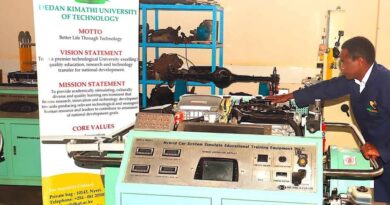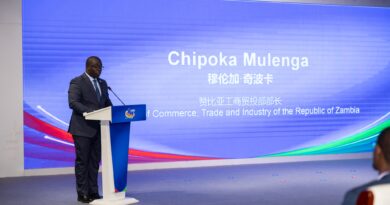Economic Front Party Calls for Increased Investment in Manufacturing Sector to Reduce Imports
In a recent statement issued by Fewdays Nsensema, Chairperson for Information and Media of the Economic Front Party, the party has urged the UPND government, led by Finance Minister Dr. Situmbeko Musokotwane, to allocate more resources to the manufacturing sector in the upcoming national budget. The statement emphasizes the need to promote and establish industries that can manufacture goods and services locally, with the aim of reducing the country’s dependency on imports.
According to the Economic Front Party, the current trend of relying heavily on imports has had adverse effects on Zambia’s foreign exchange reserves, ultimately weakening the value of the Zambian Kwacha. To address this issue, the party has called for a concerted effort to create a strong manufacturing base that can produce a wide range of goods and services to meet the needs of the population.
The Economic Front Party’s call for increased investment in the manufacturing sector aligns with the broader economic sentiment that reducing imports and fostering domestic production can yield multiple benefits for Zambia. These advantages encompass bolstering economic stability through reduced reliance on imports, which, in turn, helps maintain the national currency’s strength.
Furthermore, investments in manufacturing have the potential to create jobs, alleviating unemployment and poverty rates, while also opening doors to export opportunities that can bolster the country’s foreign exchange earnings. Moreover, by producing essential goods locally, Zambia can enhance self-sufficiency, reducing vulnerability to supply chain disruptions and external economic shocks.
Lastly, this investment drive can stimulate technological advancements and innovation within the manufacturing sector, positioning Zambia as a competitive player in the global market.
The Economic Front Party’s call for increased investment in the manufacturing sector reflects a broader aspiration to achieve economic self-sufficiency and resilience in the face of global economic challenges. It remains to be seen how the government will respond to these calls as it prepares the national budget and formulates economic policies for the future.



